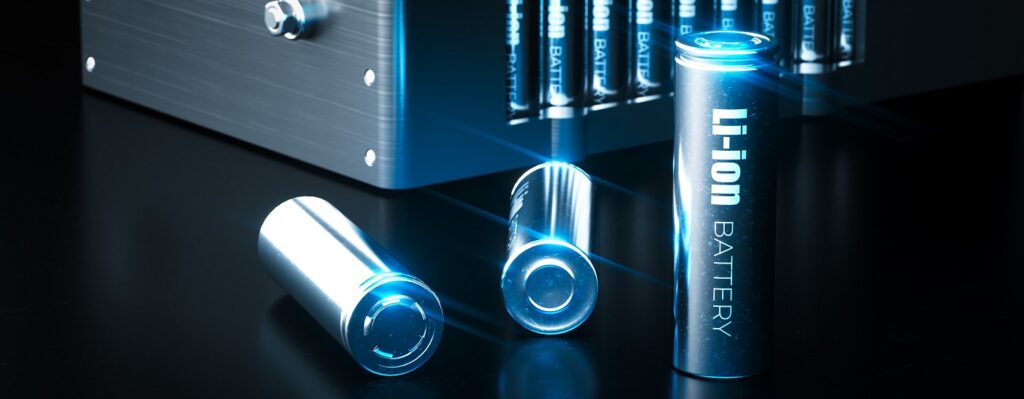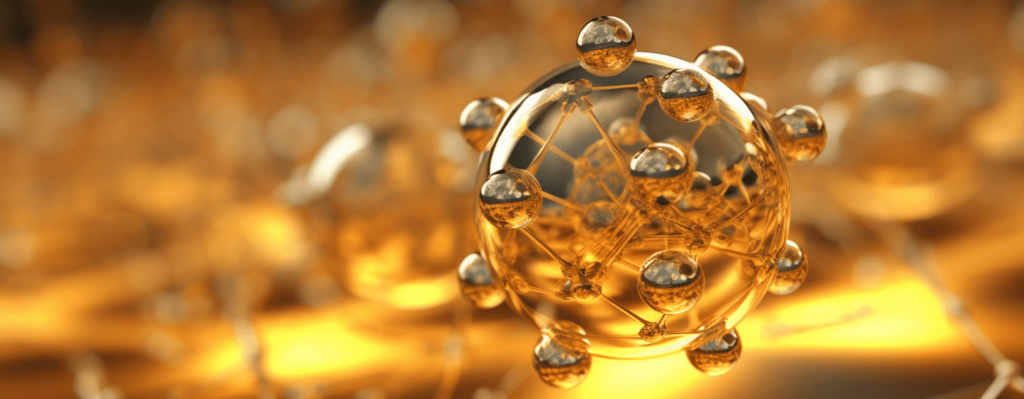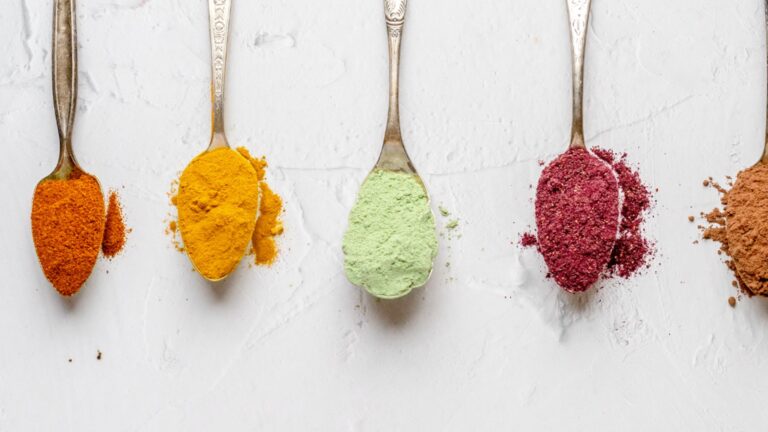Printed Circuit Boards Are Core to the Future of the Digital World

Printed circuit boards (PCB) are considered a vital part of almost all electronic devices. Growing demand for digitalization in developing markets coupled with supportive initiatives by the government for sustainability measures and protecting the environment are increasing market growth.
Advancement in PCB designs maximizes utilization and minimizes cost, which includes the replacement of base materials. Incorporating additional conductive layers makes PCBs more compact and easier to design. A two-layer board is a major improvement over a single-layer board and most electronic applications benefit from having at least four layers.
A four-layer board consists of a top layer, a bottom layer, and two internal layers. The “top” and “bottom” may not seem like typical scientific terminology but they are the official designations in the world of PCB design and fabrication.
DKSH provides an extensive range of high-ended thermal analyzers such as DSC, TMA, and DMA to our customers and researchers working across electronic-related fields from the upstream to downstream activities. Reach out to us for more information on these analyzers.
Sources:

About the Author
Chalanda is the Thermal Analysis Specialist for DKSH Management overseeing the Asia Pacific region. In her PhD thesis, she developed and characterized polymer membranes for fuel-cell application. She has over 10 years of experience in Thermal Analysis Instruments and their applications. She also supports the thermal analyzer customers in South East Asia.
Chalanda Chulakham
Material Science

About the Author
Alan Boey has been in the X-ray analytical instrument business for the past 14 years, servicing various industries from minerals and mining, metal manufacturing to electronics and semiconductor businesses. Alan is now engaged with DKSH as a regional product manager for Southeast Asia, specializing in X-ray analytical instruments and providing solutions to fulfill market requirements in material analysis with X-ray diffraction techniques as well as elemental determination via X-ray fluorescence methods.
Alan Boey
Material Science

About the Author
Catherine Emrich has been with DKSH Australia since 2005. As a sales professional in scientific Instrumentation sales and product management, Catherine is best known for maintaining proven track record of meeting sales targets and strive to provide solutions for customers and their specific applications. The diversity of her role has resulted in a solid technical foundation and strong customer relationships. This has allowed Catherine to transition into key sales roles while ensuring a practical approach to problem solving.
Catherine is now the Sales Manager for Scientific Instrumentation at DKSH Australia leading the Industrial and Life Science sales teams. Prior to her promotion she was the Energy & Resources Product Manager and Sales Specialist at DKSH for over 15 years.
Catherine Emrich
Life Science

About the Author
Roman Ratayczak is the General Manager of Business Development at DKSH Technology, with over 26 years of expertise in management, sales, project leadership, and manufacturing across the automotive and machine tool sectors. A highly innovative professional, Roman brings a wealth of experience in leading teams and driving business success. He has spent over 13 years working in multicultural and global environments, particularly in Korea and Thailand, where his multilingual skills have enhanced his ability to navigate complex, cross-cultural business landscapes.
Roman Ratayczak
Precision Machinery & Semiconductor and Electronics

About the Author
Afzalur Alfan received his M.Sc in materials science & engineering from National University Malaysia. He has been with DKSH for 8 years and is now serving as Senior Manager for the Materials Science Team in Indonesia. He has experience in several scientific instrumentation techniques such as laser diffraction, dynamic light scattering, differential scanning calorimetry and rheology.
Afzalur Alfan
Material Science

About the Author
Carissa Lim is the Senior Application Specialist at DKSH Singapore, bringing over 18 years of diverse experience to her role. Her expertise spans project management, training coordination, scientific research, and quality assurance. Certified as a Food Safety Preventive Control Alliance (FSPCA) Preventive Controls Qualified Individual for Human Food, she also has expertise as an internal auditor for both Hazard Analysis Critical Control Point (HACCP) and Good Distribution Practice for Medical Devices (GDPMDS). Previously, Carissa spent more than 9 years in the food safety industry, where she leverages her knowledge in microbiology and food science education to assist food processors in developing and implementing effective food safety strategies and testing methods.
Carissa Lim
Food Science

About the Author
Cathleen Lin is the General Manager of Scientific Instrumentation at DKSH Business Unit Technology, China. With an extensive background in the instrumentation industry, she brings over 25 years of experience in sales and marketing, product management, and business development in China. She holds a Bachelor Degree in Applied Chemistry from Fudan university, and an MBA from East China University of Science and Technology (ECUST).
Cathleen Lin
Material Science

About the Author
Hanno Elbraechter joined DKSH in September 2014 as Head Business Unit Technology across 18 countries. He has been transforming sales and service organizations over the last 15 years across Asia to set new standards when it comes to systematic market development, industry specific market penetration and after-sales services combined with state-of-the-art CRM systems. After living for 13 years in China, he recently moved to Singapore with his wife and three kids.
Hanno Elbraechter
Material Science














